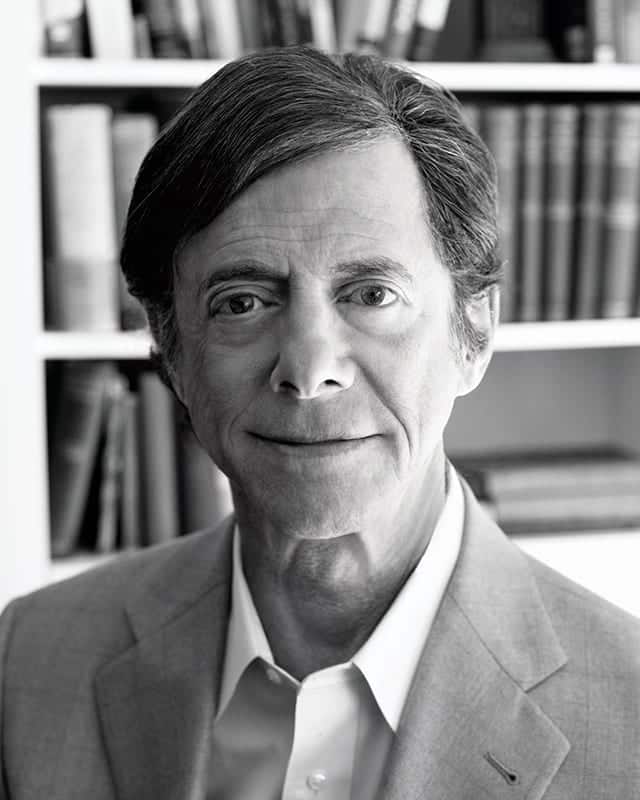Why Christmas Should Be More Commercial
Christmas in America is an exuberant display of human ingenuity, capitalist productivity, and the enjoyment of life. Yet all of these are castigated as “materialistic”; the real meaning of the holiday, we are told, is assorted Nativity tales and altruist injunctions (e.g., love thy neighbor) that no one takes seriously.
In fact, Christmas as we celebrate it today is a 19th-century American invention. The freedom and prosperity of post Civil War America created the happiest nation in history. The result was the desire to celebrate, to revel in the goods and pleasures of life on earth. Christmas (which was not a federal holiday until 1870) became the leading American outlet for this feeling.
Historically, people have always celebrated the winter solstice as the time when the days begin to lengthen, indicating the earth’s return to life. Ancient Romans feasted and reveled during the festival of Saturnalia. Early Christians condemned these Roman celebrations — they were waiting for the end of the world and had only scorn for earthly pleasures. By the fourth century, the pagans were worshipping the god of the sun on December 25, and the Christians came to a decision: if you can’t stop ’em, join ’em. They claimed (contrary to known fact) that the date was Jesus’ birthday, and usurped the solstice holiday for their Church.
Even after the Christians stole Christmas, they were ambivalent about it. The holiday was inherently a pro-life festival of earthly renewal, but the Christians preached renunciation, sacrifice, and concern for the next world, not this one. As Cotton Mather, an 18th-century clergyman, put it: “Can you in your consciences think that our Holy Savior is honored by mirth? . . . Shall it be said that at the birth of our Savior . . . we take time . . . to do actions that have much more of hell than of heaven in them?”
Then came the major developments of 19th-century capitalism: industrialization, urbanization, the triumph of science — all of it leading to easy transportation, efficient mail delivery, the widespread publishing of books and magazines, new inventions making life comfortable and exciting, and the rise of entrepreneurs who understood that the way to make a profit was to produce something good and sell it to a mass market.
For the first time, the giving of gifts became a major feature of Christmas. Early Christians denounced gift-giving as a Roman practice, and Puritans called it diabolical. But Americans were not to be deterred. Thanks to capitalism, there was enough wealth to make gifts possible, a great productive apparatus to advertise them and make them available cheaply, and a country so content that men wanted to reach out to their friends and express their enjoyment of life. The whole country took with glee to giving gifts on an unprecedented scale.
Santa Claus is a thoroughly American invention. There was a St. Nicholas long ago and a feeble holiday connected with him (on December 5). In 1822, an American named Clement Clarke Moore wrote a poem about a visit from St. Nick. It was Moore (and a few other New Yorkers) who invented St. Nick’s physical appearance and personality, came up with the idea that Santa travels on Christmas Eve in a sleigh pulled by reindeer, comes down the chimney, stuffs toys in the kids’ stockings, then goes back to the North Pole.
Of course, the Puritans denounced Santa as the Anti-Christ, because he pushed Jesus to the background. Furthermore, Santa implicitly rejected the whole Christian ethics. He did not denounce the rich and demand that they give everything to the poor; on the contrary, he gave gifts to rich and poor children alike. Nor is Santa a champion of Christian mercy or unconditional love. On the contrary, he is for justice — Santa gives only to good children, not to bad ones.
All the best customs of Christmas, from carols to trees to spectacular decorations, have their root in pagan ideas and practices. These customs were greatly amplified by American culture, as the product of reason, science, business, worldliness, and egoism, i.e., the pursuit of happiness.
America’s tragedy is that its intellectual leaders have typically tried to replace happiness with guilt by insisting that the spiritual meaning of Christmas is religion and self-sacrifice for Tiny Tim or his equivalent. But the spiritual must start with recognizing reality. Life requires reason, selfishness, capitalism; that is what Christmas should celebrate — and really, underneath all the pretense, that is what it does celebrate. It is time to take the Christ out of Christmas, and turn the holiday into a guiltlessly egoistic, pro-reason, this-worldly, commercial celebration.


